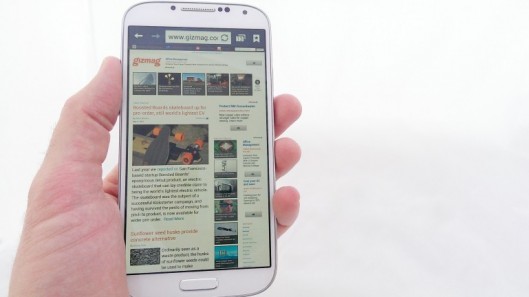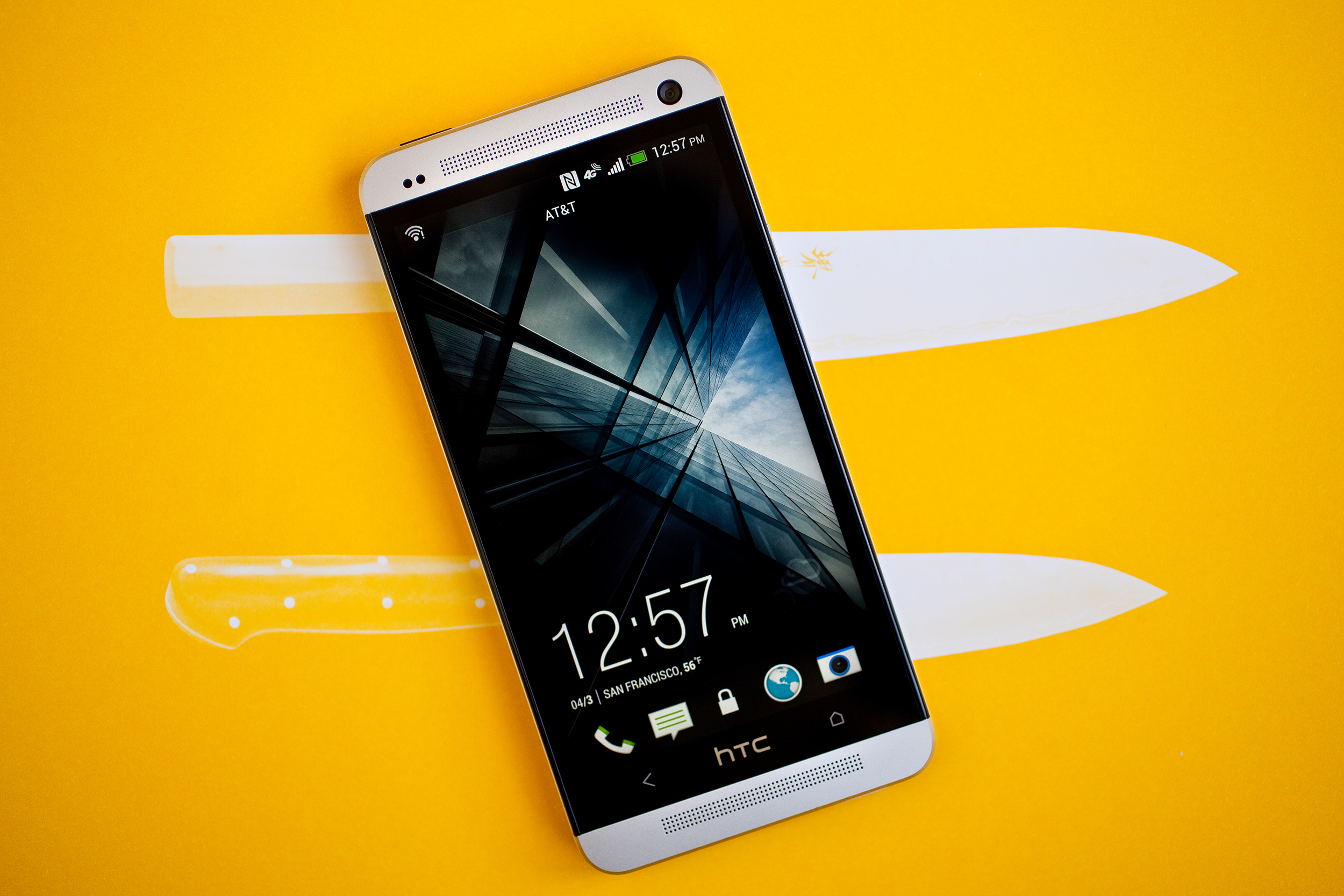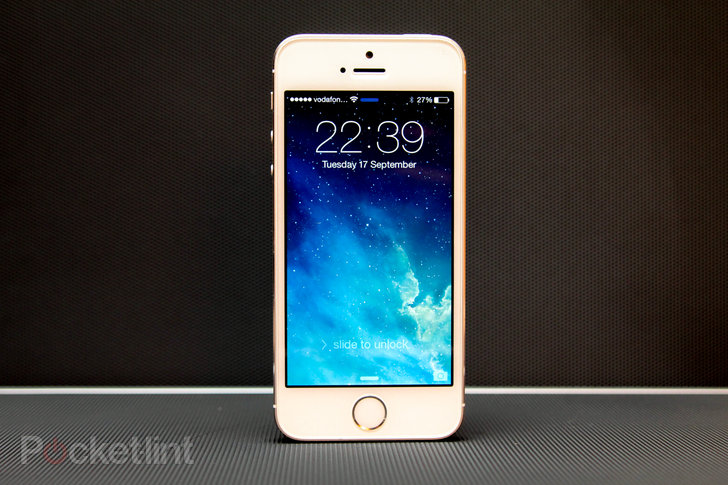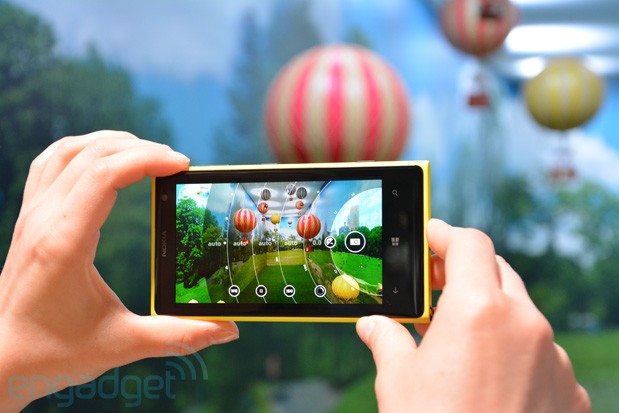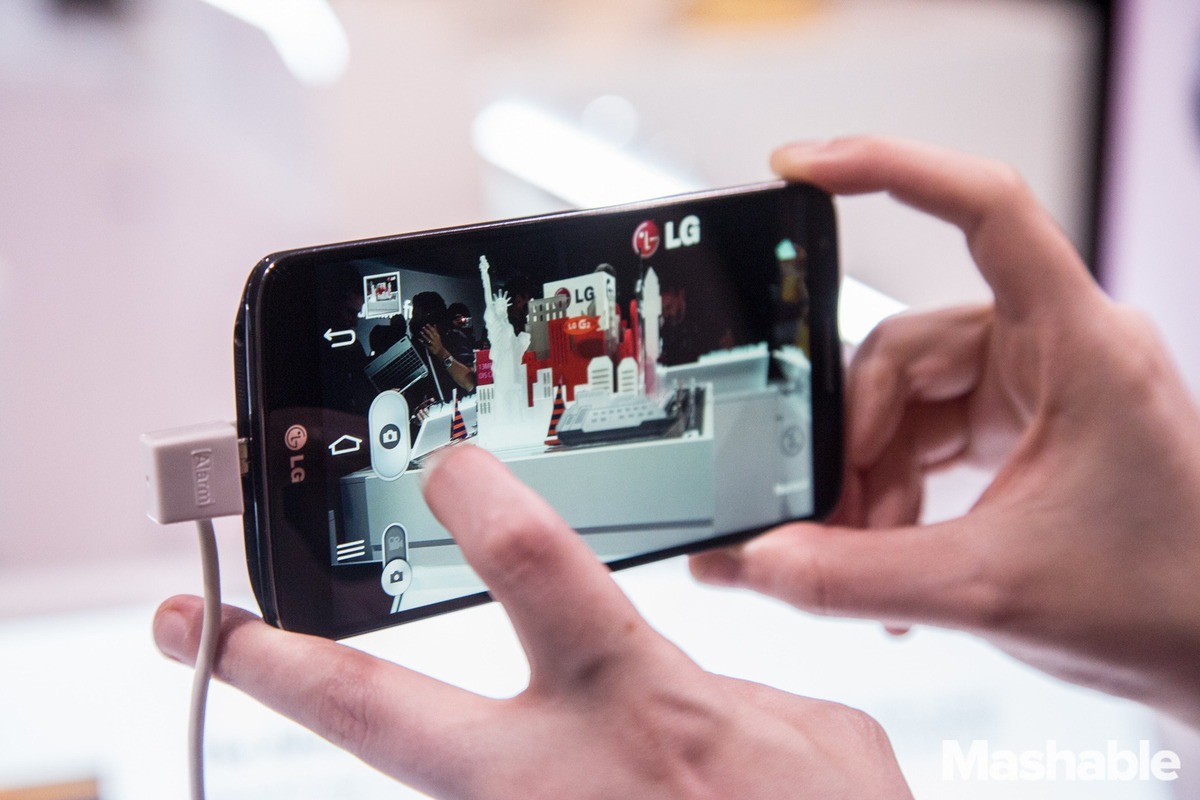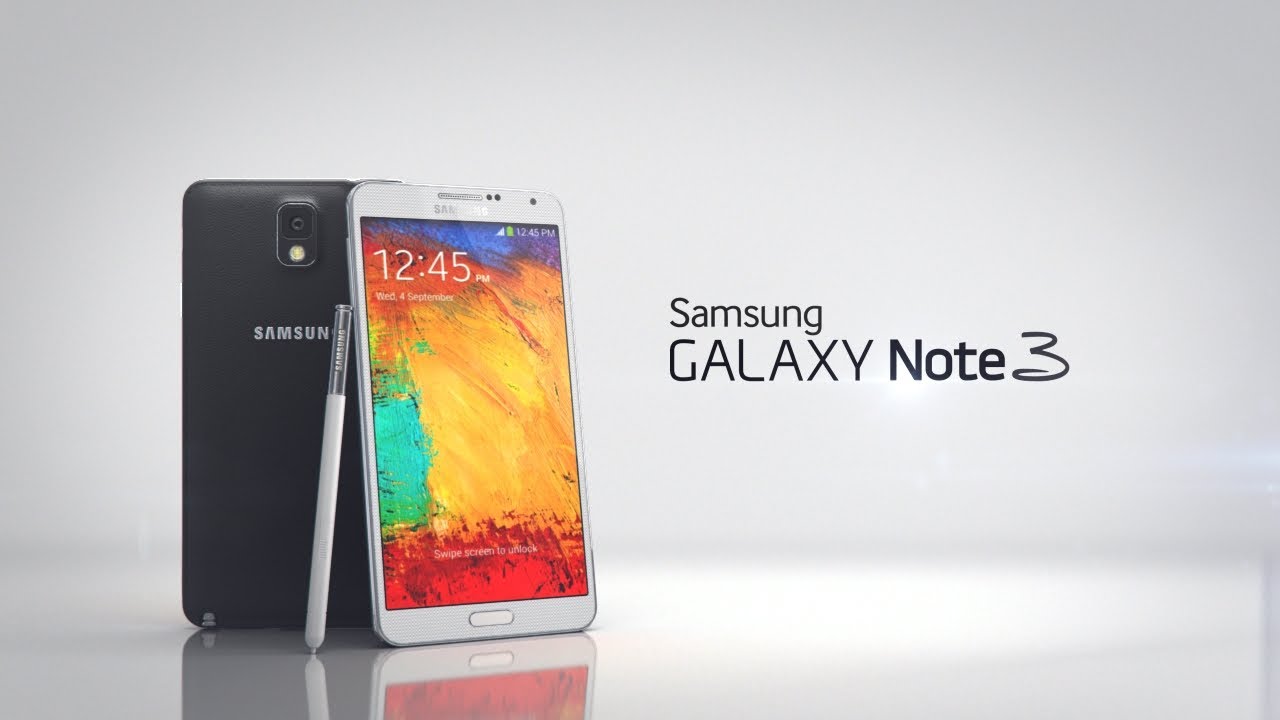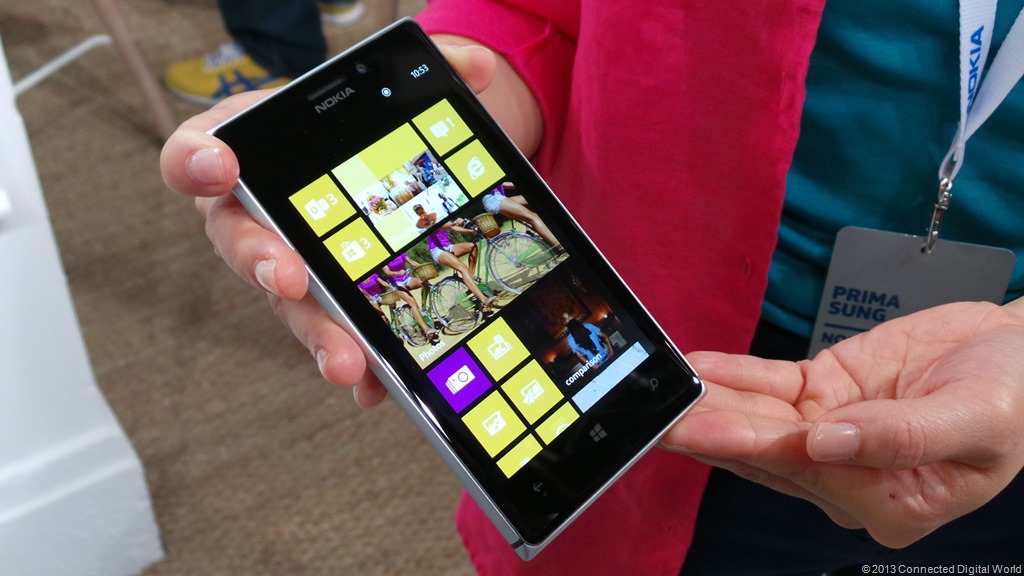Reflecting On The Best Of Smartphones Released In 2013
2013 has seen companies experiment with things like curved displays, extensive voice commands, and ever-bigger screen sizes. So here's taking a look at the finest of smartphones released this year.
2013 has seen companies experiment with things like curved displays, extensive voice commands, and ever-bigger screen sizes. So here's taking a look at the finest of smartphones released this year.
Samsung Galaxy S4
What, were you surprised? The Galaxy S4 is one of the best selling Android smartphones of the year, and justifiably so. It has tons of TouchWhiz software features, a swift quad-core processor, and a top-notch 13-megapixel camera.
The good: The Samsung Galaxy S4 has Android 4.2.2, a fantastic camera, a powerful quad-core processor, and software solutions for just about every scenario -- including working as a TV/DVR remote. It's also comfortable in hand and has NFC, a user-replaceable battery, and a microSD storage slot.
cnet.comThe bad: Its screen is dimmer than competitors', its plastic design gives it a cheaper look than its rivals, and we found the Galaxy S4's power button turned on at undesirable times. Not all camera modes work as promised, and a long list of software features can quickly overwhelm and confuse.
The bottom line: Its laundry list of features require time and effort to truly master, but the Galaxy S4 is the top choice for anyone looking for a big-screen, do-everything smartphone.
cnet.comHTC One
When it comes to looks, no Android handset this year compares to the One. Sporting an all-aluminum chassis and sleek unibody design, HTC's flagship is one fine piece of gadgetry. But it has a lot of inner-beauty as well: there's a quad-core Snapdragon 600 CPU, a nifty UltraPixel camera, and HTC's refreshing Sense UI.
The good: The HTC One flaunts a stunning metal design, a powerful quad-core processor, and a beautiful 4.7-inch, 1080p screen. It runs Android Jelly Bean, takes great pictures, and has a feature-packed camera app.
cnet.comThe bad: The sealed case design means no SD expansion slot or user-replaceable battery. The BlinkFeed software can't be completely removed.
The bottom line: A few quibbles notwithstanding, the powerhouse HTC One is a beautifully crafted, near-ideal smartphone.
cnet.comApple iPhone 5S
Compared to its predecessor, the iPhone 5S isn't a massive overhaul of an update. But Apple still delivered a solid device, which includes a more powerful 64-bit A7 processor, a fantastic upgraded camera, and a fingerprint scanner. Known as TouchID, the feature isn't the first fingerprint reader on a handset, but it is the best executed one we've seen so far.
cnet.comThe good: The iPhone 5S delivers an improved camera, a nifty fingerprint sensor, and a next-gen CPU and motion-tracking chip. Apple throws in the iWork app suite for free. iOS 7 adds some nice step-ups, too, including AirDrop file transfers and the Android-like Control Center.
The bad: External design is identical to that of the iPhone 5, including a 4-inch screen that looks downright tiny next to Android competitors. For now, the fingerprint sensor only works with Apple apps. The 64-bit A7 processor and M7 motion-tracking chip don't have killer apps yet. iOS 7 differences are potentially jarring for longtime iPhone users.
cnet.comThe bottom line: The iPhone 5S is not a required upgrade, but it's easily the fastest and most advanced Apple smartphone to date.
Google Nexus 5
There was a time not too long ago when only Android diehards were excited about the Nexus handset. These days, however, it looks like Google's flagship has a much more broad appeal. Its newest iteration, the Nexus 5, continues to strengthen the brand with its sharp 1080p display, LTE connectivity, and the latest Android 4.4 KitKat OS.
The good: The Google Nexus 5 has LTE for multiple carriers, a sleek and solid build, and an excellent price. It makes crystal-clear calls, battery life is long, and integration of Google Now is deep and wide.
cnet.comThe bad: The Nexus 5's screen is dimmer than its competitors' and its camera struggles under auto settings. While an important OS update, Android 4.4 KitKat is more conceptual than feature-rich.
The bottom line: Strong performance, high-end specs, and an ultra-affordable price make the Google Nexus 5 not just the best unlocked phone on the market, but the best Nexus phone by far.
cnet.comNokia Lumia 1020
For anyone who can't "get no satisfaction" with cameraphones, say hello to the Lumia 1020. Packed with a 41, yes, 41-megapixel camera, Nokia's 1020 was created with serious shutterbugs in mind. It also features a wide xenon flash and a six-element Carl Zeiss lens.
zdnet.comThe good: The Nokia Lumia 1020 smartphone's camera captures extremely high-resolution images with fine detail, and puts creative controls at your fingertips.
cnet.comThe bad: A niche device, the Lumia 1020 is $100 pricier than most high-end smartphones. The lens makes it a little bulky. Multiple camera apps are confusing. It lacks manual f-stop control and presets for common shooting scenarios.
The bottom line: Avid mobile photographers will love the Nokia Lumia 1020's exact controls, but casual users should stick to cheaper camera phones.
cnet.comLG G2
If you're not taking LG smartphones seriously, it's time you start. LG's flagship device of 2013, the G2, is equipped with not only a high-powered Snapdragon 800 processor, it also has a vivid 5.2-inch 1080p screen, and a fast camera to boot. And if that doesn't make it stand out enough, LG relocated its control buttons from the side to the back, citing improved usability.
The good: The LG G2 has a top-of-the line processor, an expansive screen, and a powerful camera that's lightning-quick.
The bad: The handset's rear control buttons take time to get used to, its new software features are buried and unintuitive, and there's no microSD card slot.
The bottom line: If you're willing to live with some minor design compromises, you can't go wrong with LG's ultrafast G2 workhouse.
zdnet.comSamsung Galaxy Note 3
As the reigning king of phablets, the Galaxy Note 3 is a productivity powerhouse. The Note 3's expansive 5.7-inch display, smart S Pen stylus, and feature-rich software help users organize their work and personal lives on the go.
cnet.comThe good: The Samsung Galaxy Note 3 has a gorgeous and massive screen, screaming quad-core processor, and refined S Pen skills. It also has long battery life, makes clear calls, and takes great pictures.
The bad: The Note 3 is expensive, large, and its faux-leather styling is crafted from cheap plastic.
cnet.comThe bottom line: Though its plastic skin doesn't do its high price justice, Samsung's Galaxy Note 3 makes the most compelling case yet for a supersize phone.
Nokia Lumia 925
We're pretty mad for metal when it comes to smartphone design, and Nokia's 925 hits all the right notes. For one thing, its aluminum body is easy on the eyes, it's affordable, and its 8.7-megapixel, PureView camera takes great shots in low-light conditions.
cnet.comThe good: Nokia's Lumia 925 has a sleek, slim, partially aluminum build. Its camera takes great shots, especially in low light conditions, and the LTE smartphone comes in at an affordable price.
The bad: The Lumia 925 is a little wide and squat, and sharp corners diminish handheld comfort. T-Mobile's version has 16GB of storage instead of 32GB.
The bottom line: Nokia's lovely Lumia 925 delivers a high-end Windows Phone experience, but camera snobs with deep pockets should hold out for AT&T's Lumia 1020.
cnet.com
